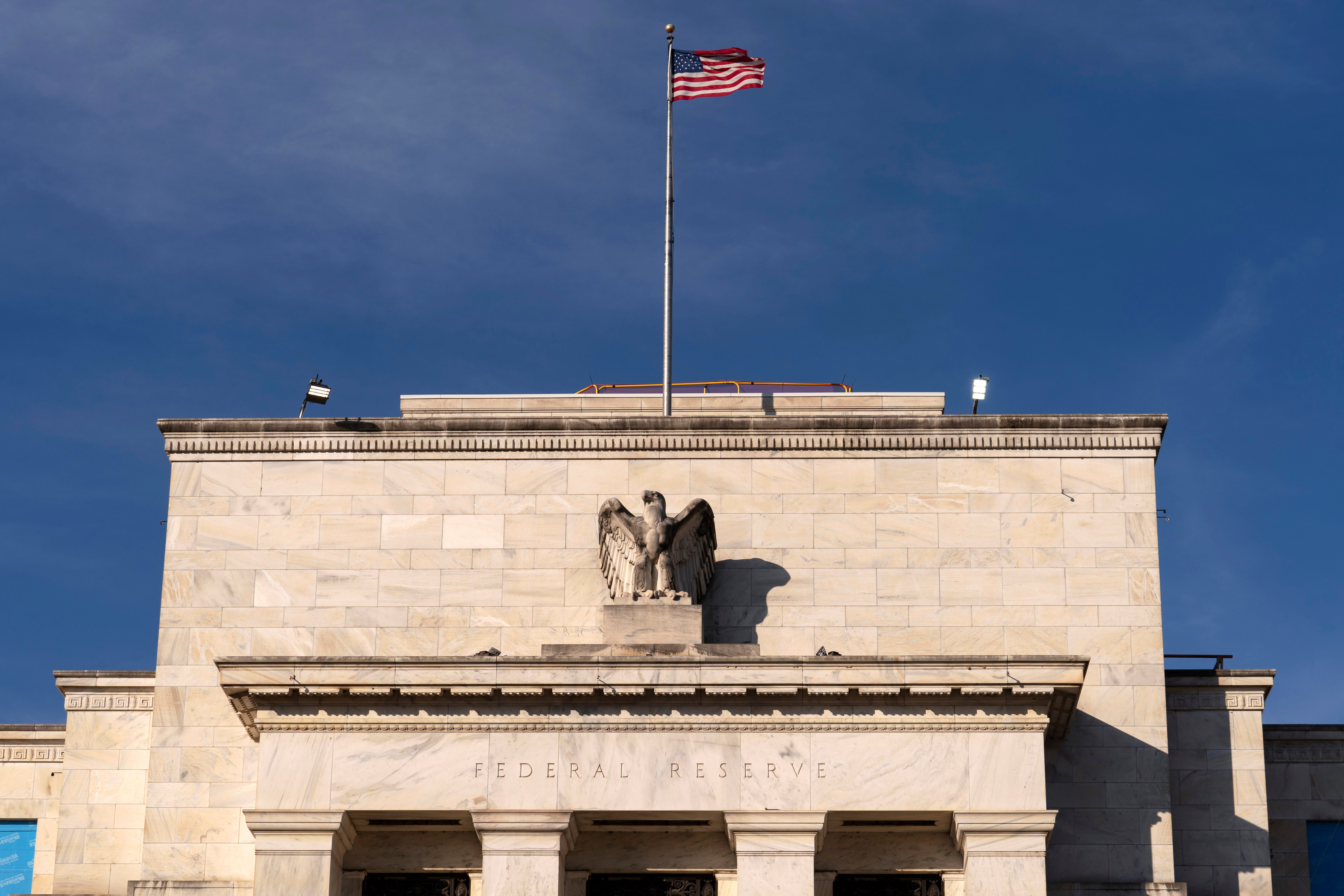Federal Reserve officials at December meeting expected slower pace of rate cuts ahead
Federal Reserve officials at their meeting Dec. 17-18 expected to dial back the pace of interest rate cuts this year in the face of persistently elevated inflation and the threat of widespread tariffs and other potential policy changes

Federal Reserve officials at their meeting Dec. 17-18 expected to dial back the pace of interest rate cuts this year in the face of persistently elevated inflation and the threat of widespread tariffs and other potential policy changes.
Minutes from the meeting, released after the typical three-week lag, also showed clear division among the Fed's 19 policymakers. Some officials expressed support for keeping the central bank's key rate unchanged, the minutes said. And a majority of the officials said the decision to cut rates was a close call.
Ultimately, the Fed choose to cut its key rate by a quarter-point to about 4.3%. One official, Cleveland Fed President Beth Hammack, dissented in favor of keeping rates unchanged.
Still, there was widespread agreement in the minutes that after reducing rates for three straight meetings, Fed officials felt it was time to undertake a more deliberate approach to their key rate.
Fewer rate cuts will likely mean that borrowing costs for consumers and businesses — including for homes, cars, and credit cards — will remain elevated this year.
Policymakers said that the Fed “was at or near the point at which it would be appropriate to slow the pace of policy easing,” the minutes said. In projections released after the meeting, Fed officials said they expect just two cuts next year, down from an earlier projection of four.
Fed officials sent stock markets plummeting Dec. 18 after they reduced their outlook for rate cuts. Fed Chair Jerome Powell said at a news conference after the meeting that the decision to reduce rates had been a “close call."
Powell also said that recent signs of stubborn inflation have caused many Fed officials to pare back their expectations for rate cuts. Inflation, according to the Fed's preferred measure, ticked up to 2.4% in November, compared with a year ago, above the Fed's target. Excluding the volatile food and energy categories, it was 2.8%.
In addition, some officials have started to consider the potential impact of President-elect Trump's proposals, such as widespread tariffs, on the economy and inflation next year, the minutes said.
Economists at Goldman Sachs, for example, have estimated that Trump's tariff proposals could push inflation by nearly a half-percentage point later this year.
Earlier Wednesday, Fed governor Christopher Waller said that he still supported rate reductions this year, in part because he expects inflation to steadily head down to the Fed's 2% target. He also said he didn't expect tariffs would worsen inflation and wouldn't change his preference for lowering borrowing costs.
Waller also said, in a question and answer session, that he didn't think Trump would ultimately impose the universal tariffs he promised in the campaign.
Bookmark popover
Removed from bookmarks